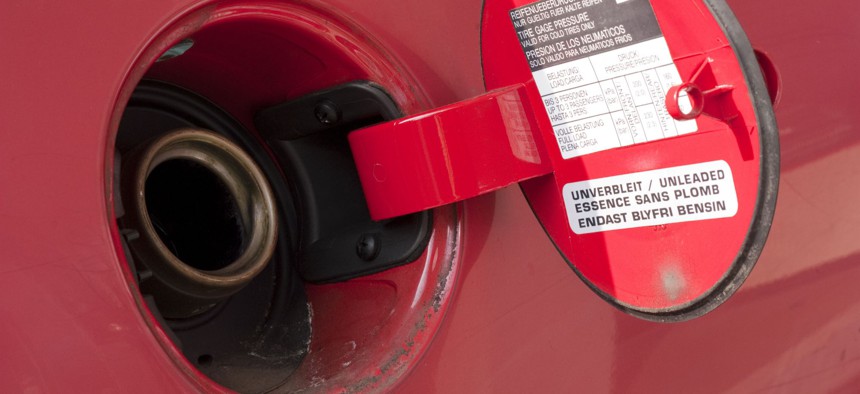These States Are Getting Grants to Help Them Explore Gas Tax Alternatives

Shutterstock

Connecting state and local government leaders
The U.S. Department of Transportation has announced $14.2 million in awards.
Projects in seven states aimed at finding new ways to help pay for the nation’s highway infrastructure will receive a combined total of about $14.2 million in grant funding from the federal government, the U.S. Department of Transportation announced Tuesday.
The Surface Transportation System Funding Alternatives Program is providing states money to test alternatives to traditional fuel taxes, which might help pay for highway infrastructure in future years. One option getting significant attention is charging people based on the miles they drive.
Taxes on gasoline and diesel fuel have traditionally provided key sources of revenue for highway transportation projects. But in recent years those tax revenues have weakened. One reason for this is that vehicles have become more fuel efficient. At the same time, the federal tax on gasoline remains at the same level it was at in 1993—18.4 cents per-gallon.
America’s infrastructure, meanwhile, is in need of upgrades. In a report issued in May, the American Society of Civil Engineers estimated that the nation is facing a $1.1 trillion funding gap for surface transportation infrastructure between 2016 and 2025.
Oregon launched a voluntary program last July that allows drivers to pay state mileage fees based on how far they drive, instead of a gas tax. Participants pay 1.5 cents-per-mile while driving in Oregon, and receive a credit for state gas taxes they pay at fuel pumps.
As of late June, there were 885 people and 1,015 vehicles actively enrolled in the program, according to figures from the Oregon Department of Transportation.
Testing of a similar per-mile fee program got underway earlier this summer in California.
Both California and Oregon will receive portions of the DOT grants announced Tuesday.
The other five states getting grant funds include: Delaware, Hawaii, Minnesota, Missouri and Washington.
Some of the projects the grant money will help support will involve testing in-car devices allowing per-mile fees to be calculated and charged, looking at multi-state approaches for these sorts of fees, and examining issues related to equity, privacy and the security of technology.
The grant funding awarded totals $14,235,000, according to the Transportation Department.
Amounts for each state range from $250,000, which will go to Missouri to help implement a new registration fee structure, to about $3.9 million Hawaii will receive to help pay for a program involving user fee collections based on odometer readings at vehicle inspection stations.
The funding alternatives grant program was established last year under federal transportation legislation known as the Fixing America's Surface Transportation Act, or FAST Act.
Between the 2017 and 2020 fiscal years, up to $20 million in additional grant funding has been authorized annually for states through the program.
PREVIOUSLY on Route Fifty:
Bill Lucia is a Reporter with Government Executive's Route Fifty and is based in Washington, D.C.

NEXT STORY: HPC speeds analysis of ‘alternative futures’ for water management





